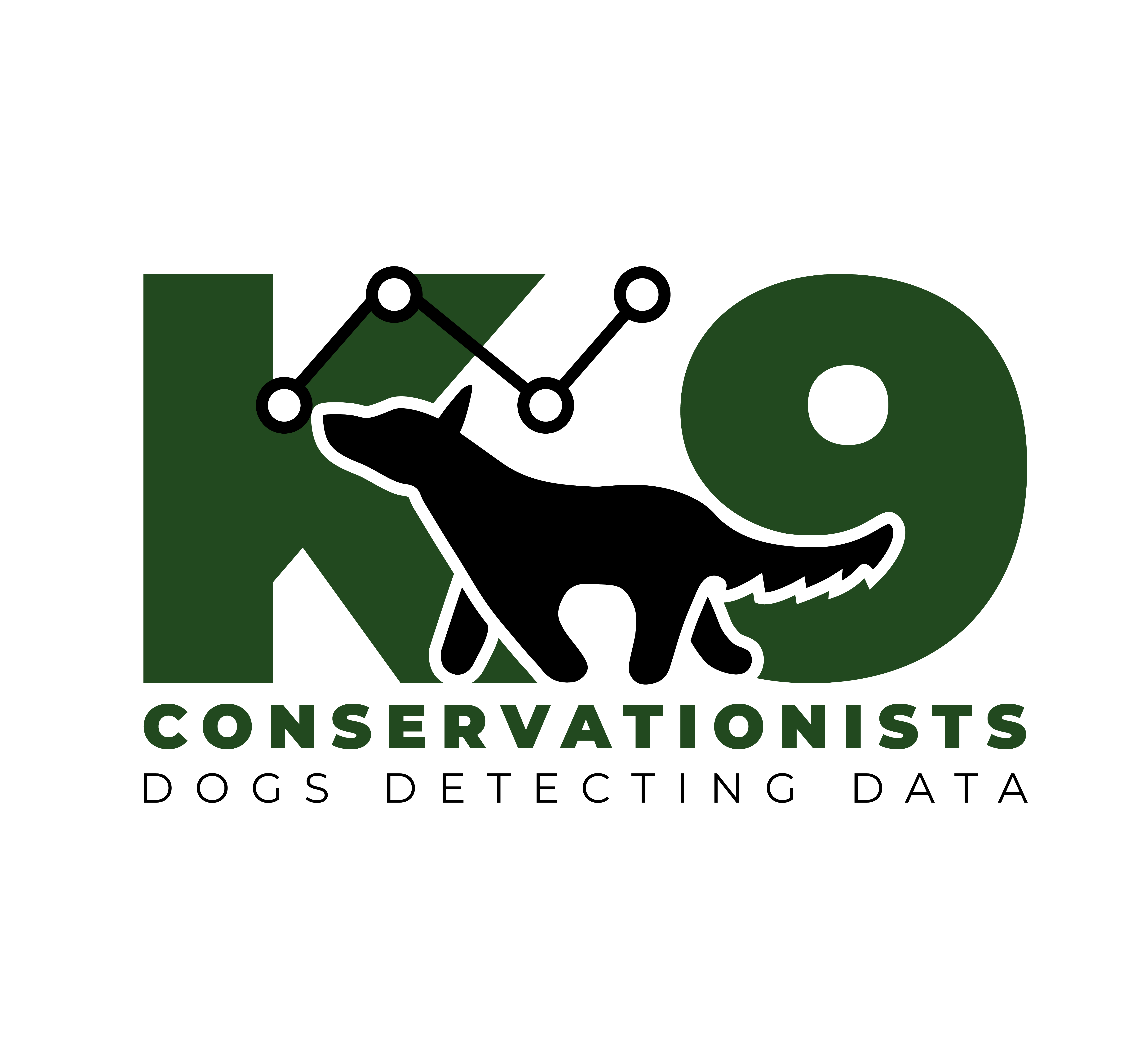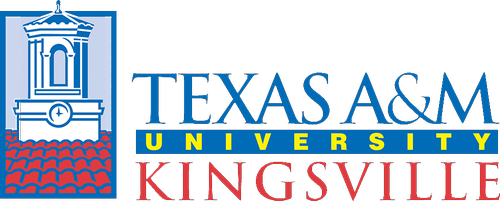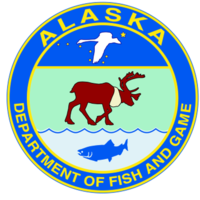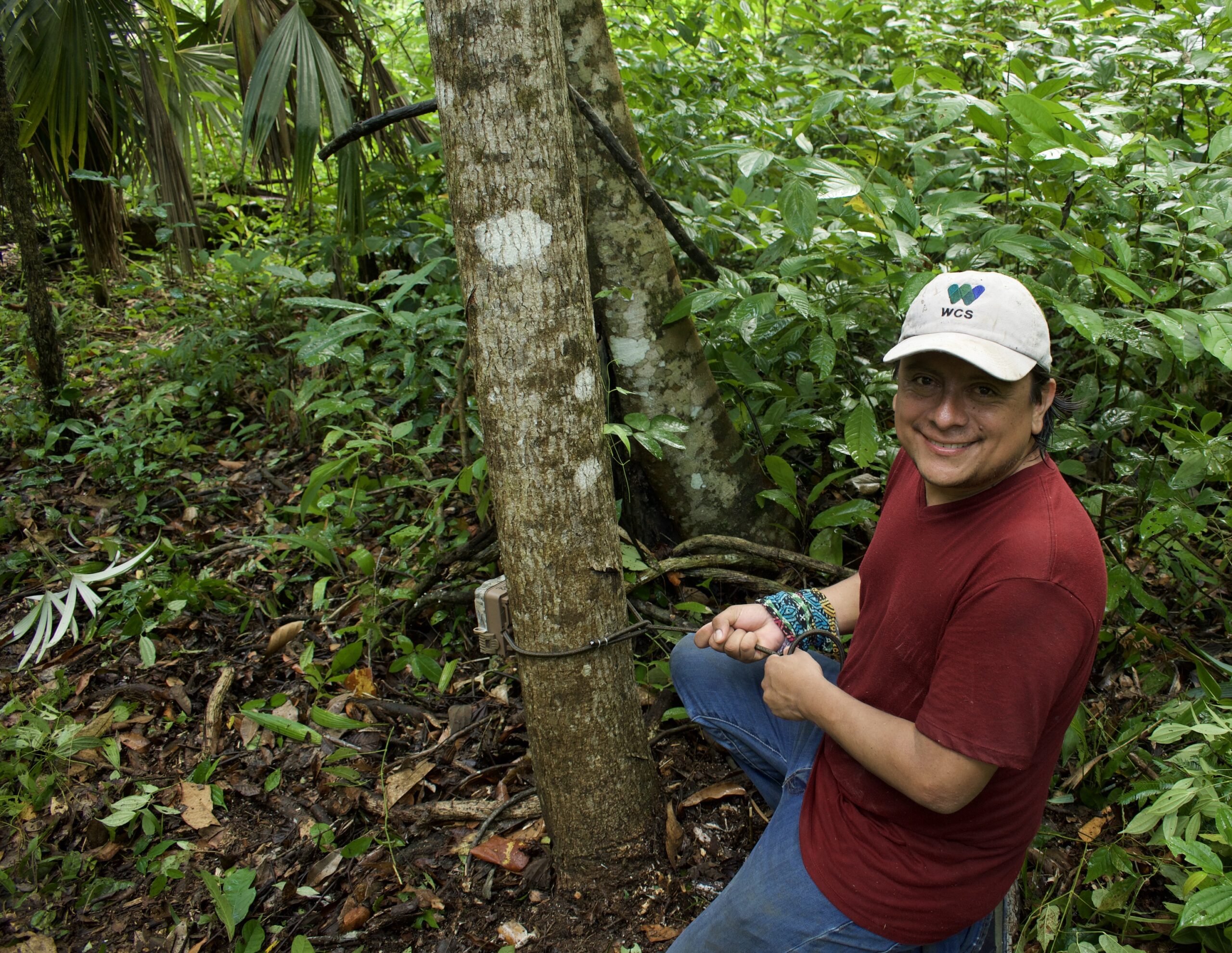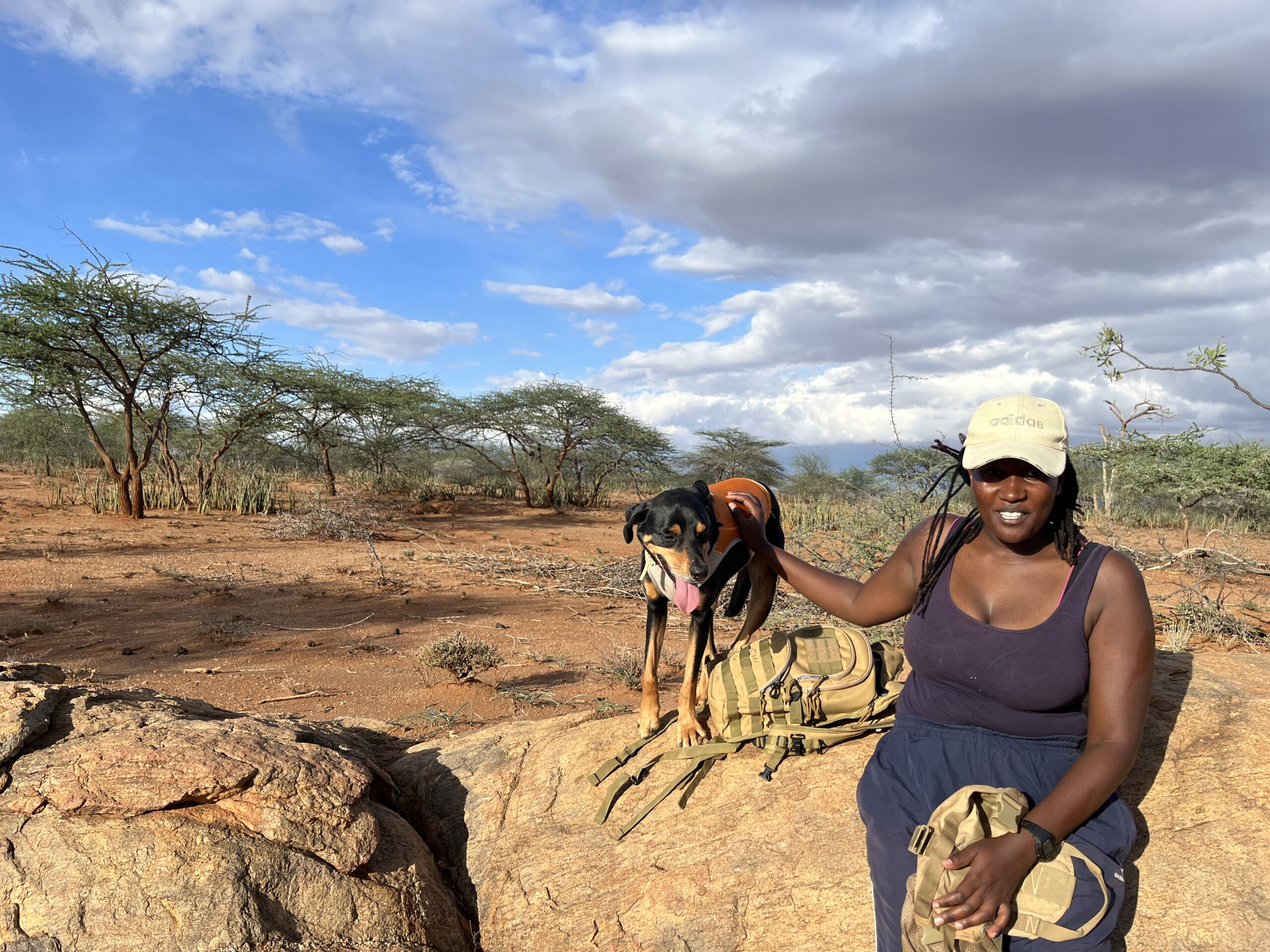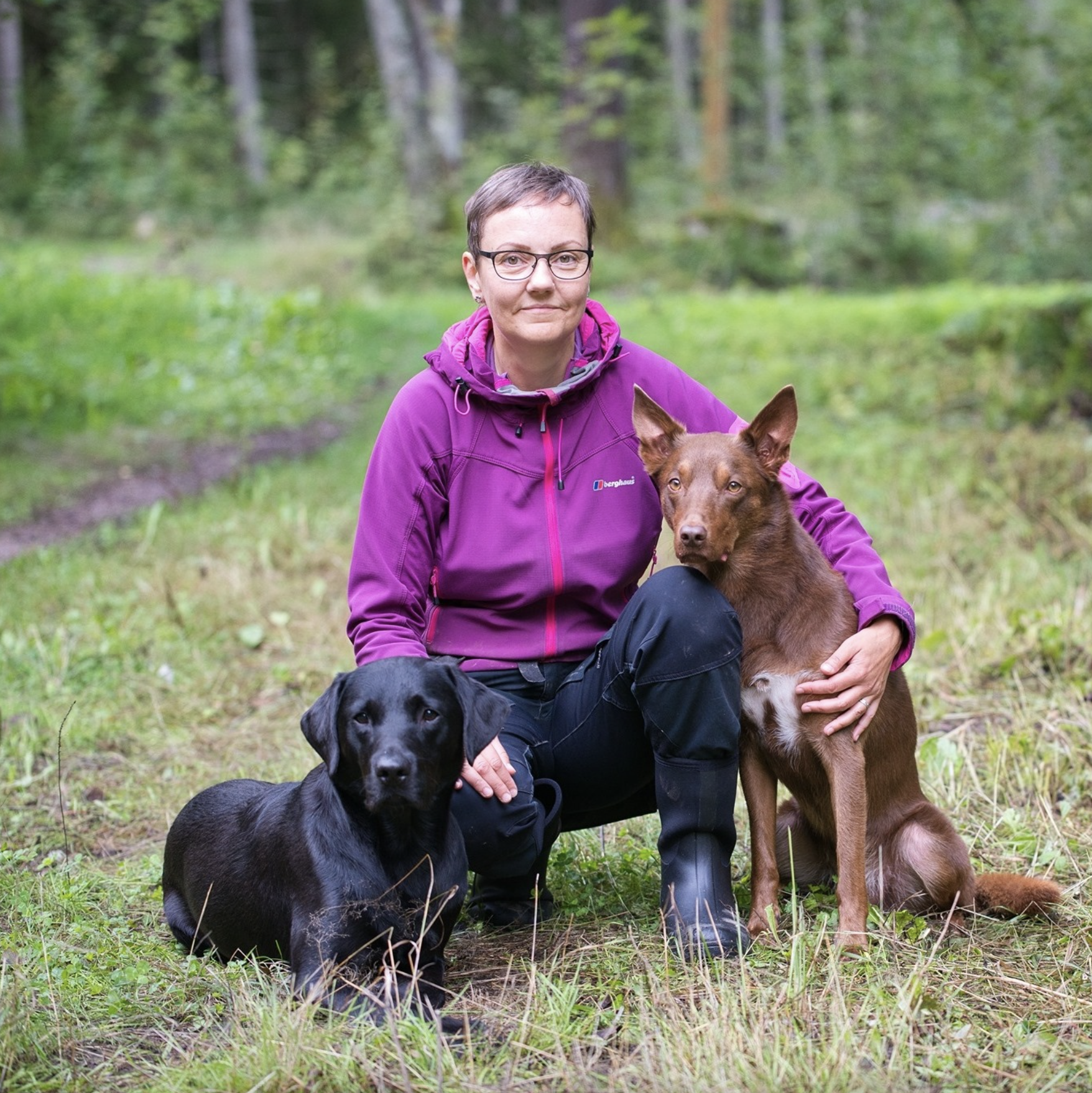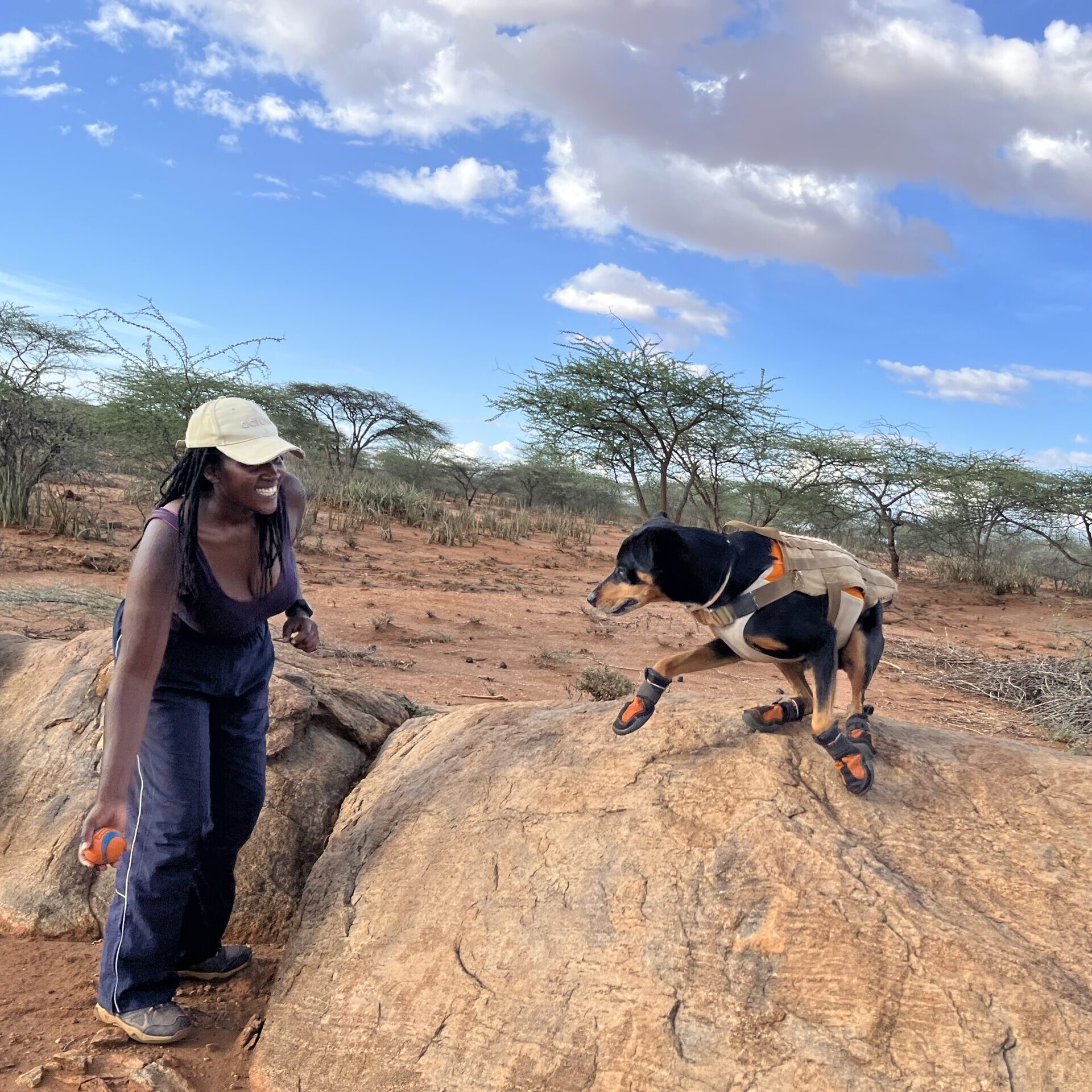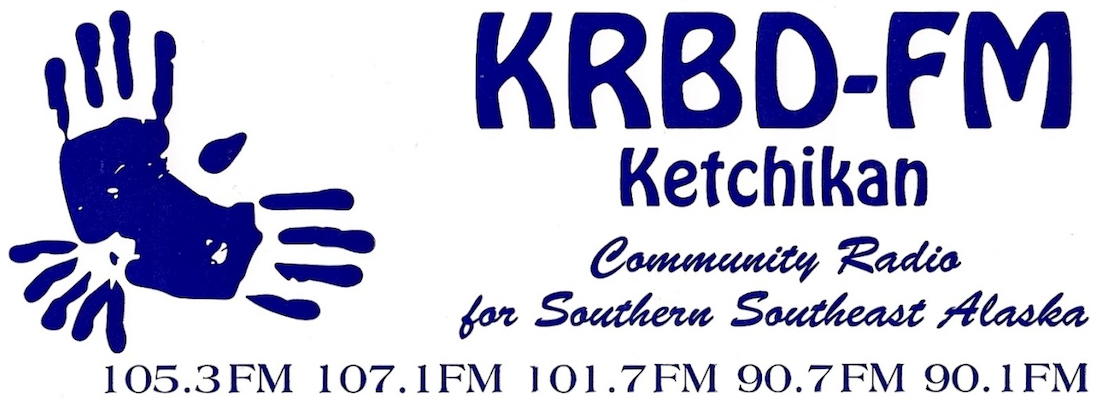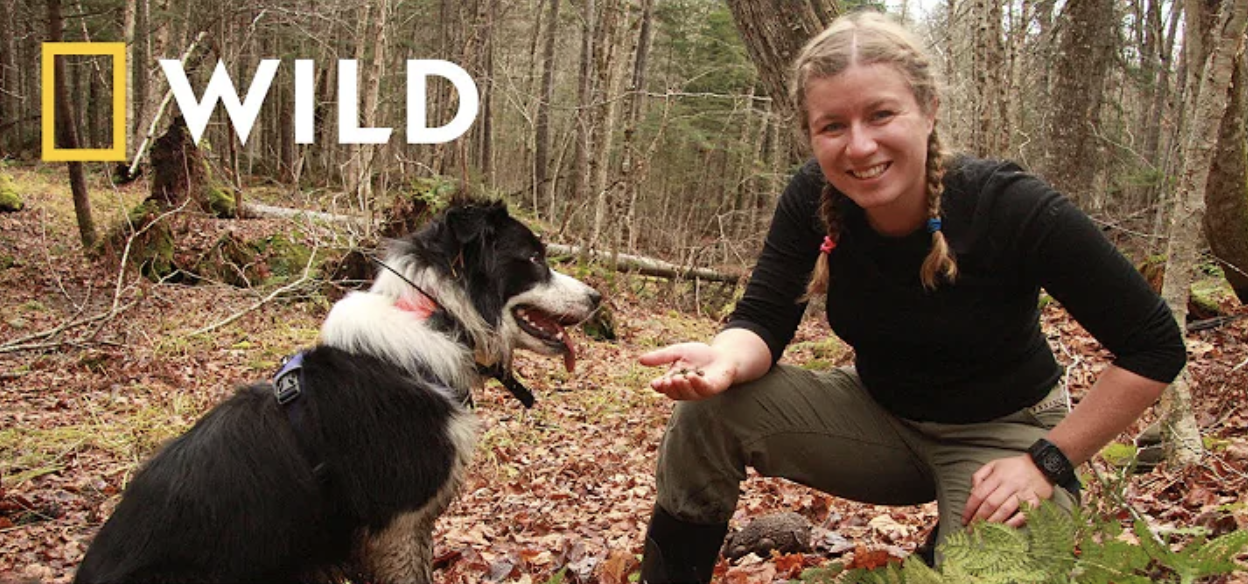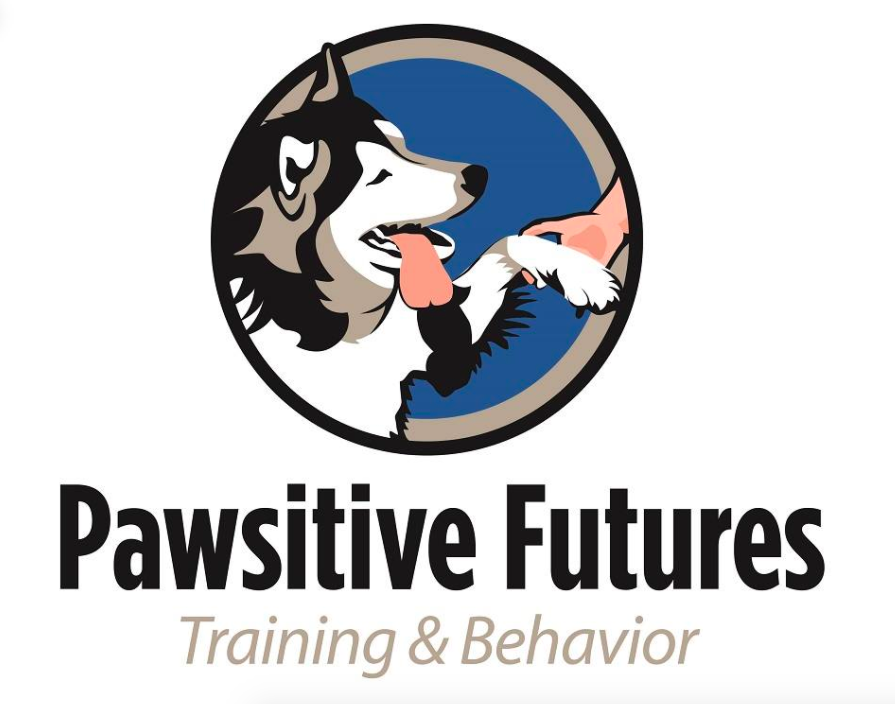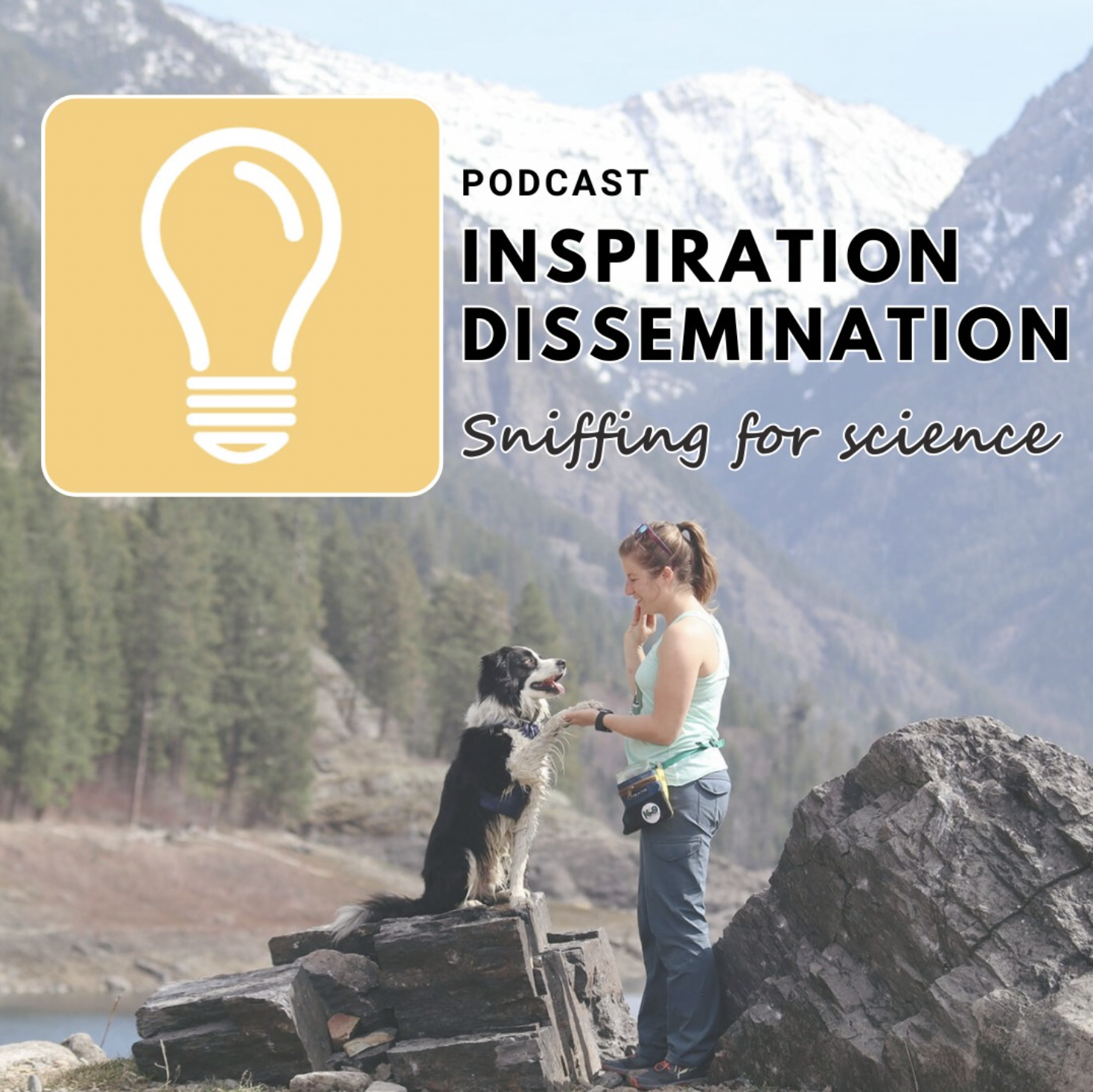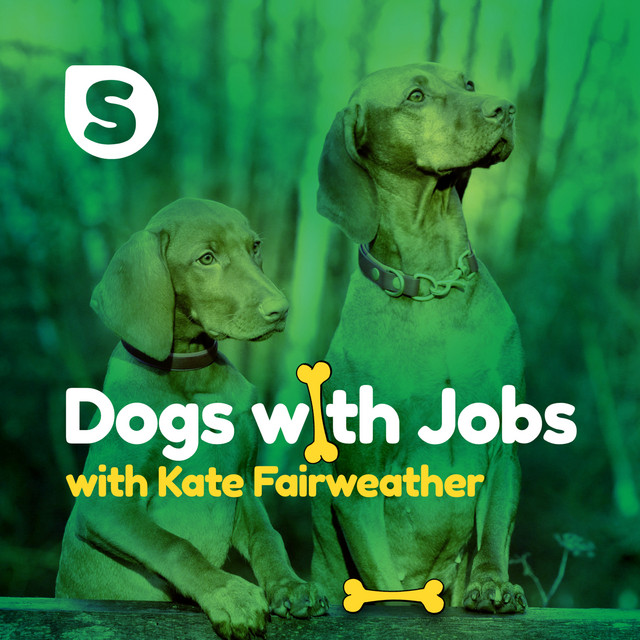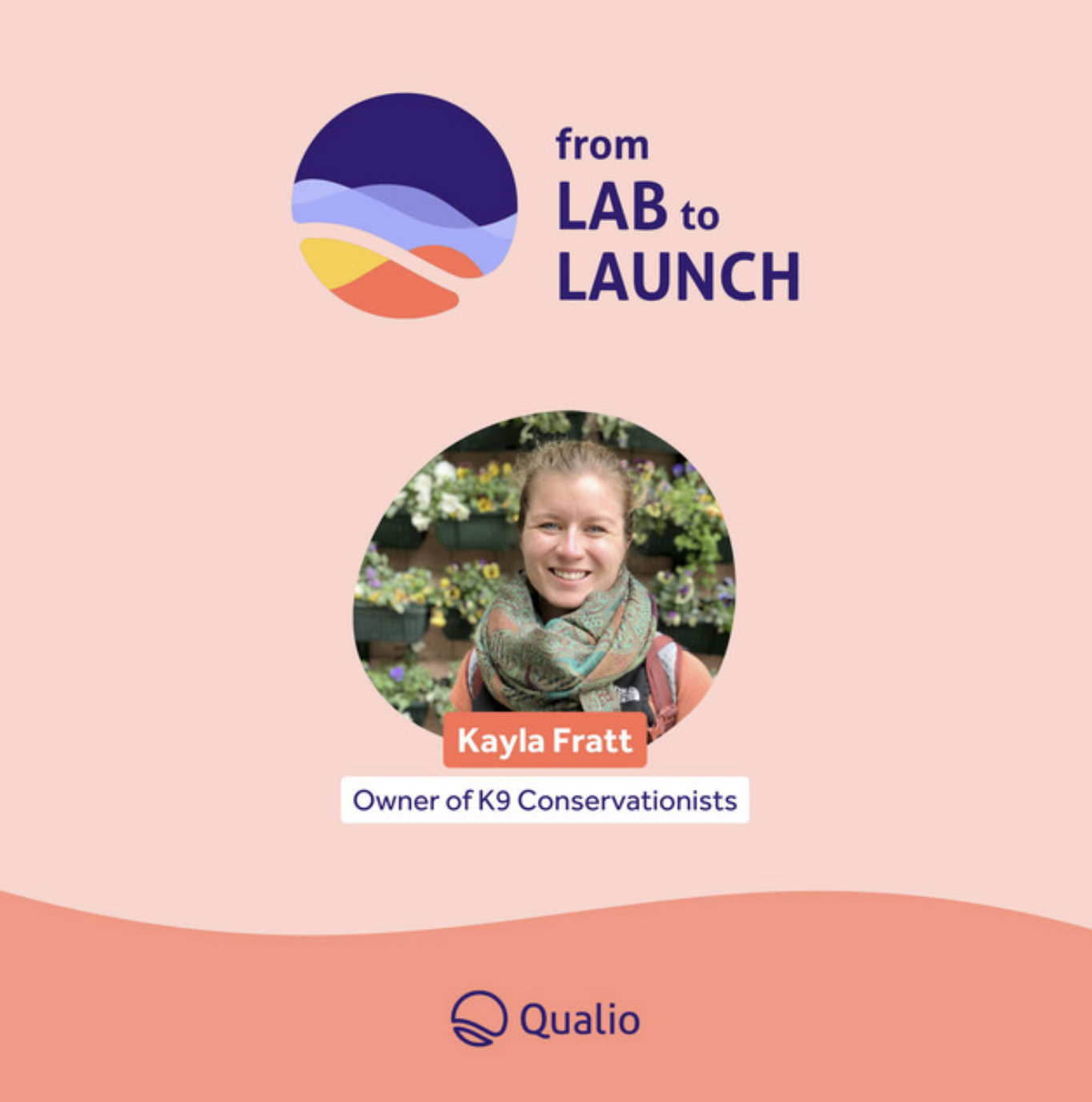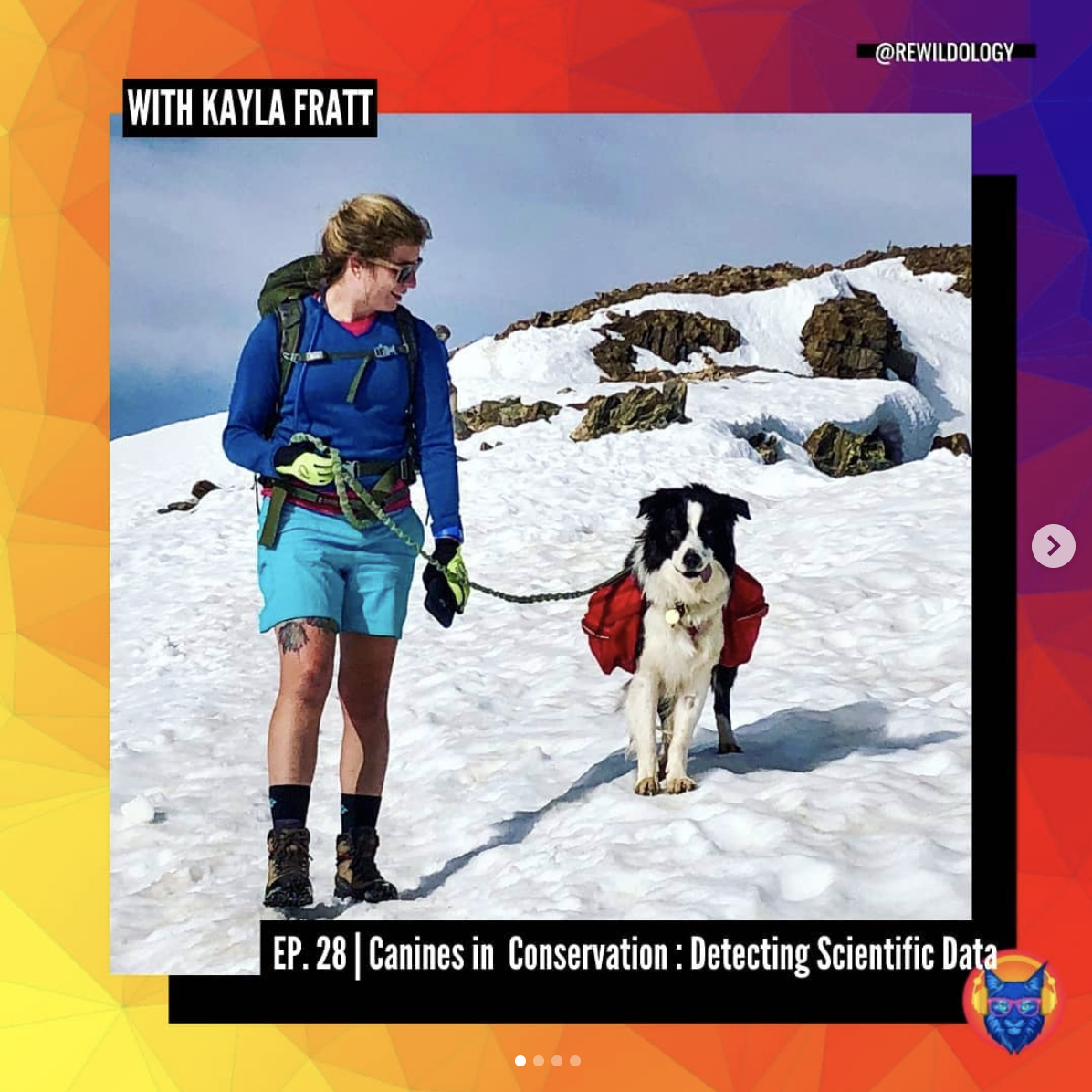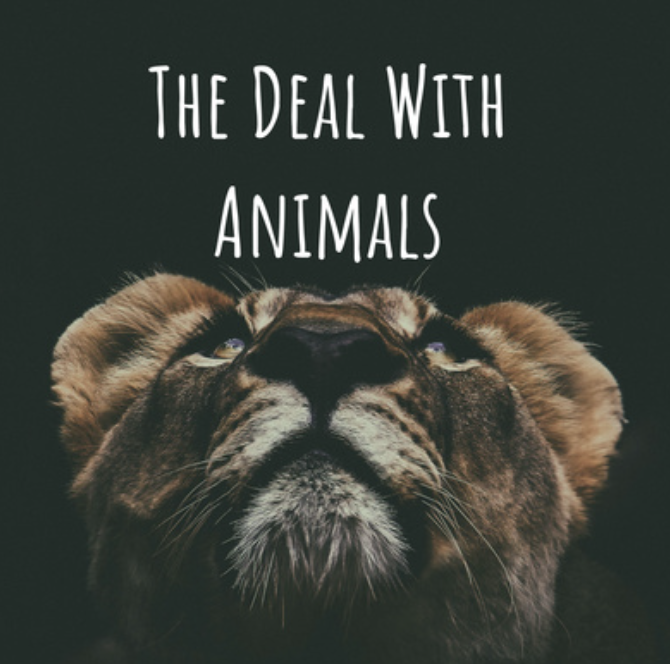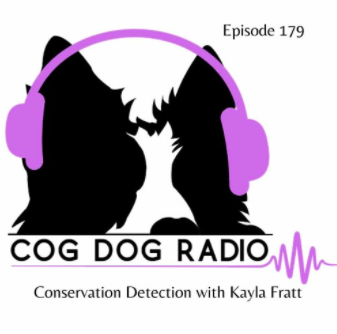Our conservation detection dog teams are ready to help meet your project goals.
You and your dog can learn to detect data together.
K9 Conservationists is proud to offer online and in-person education for aspiring conservation detection dog handlers.
Data Collection and Study Design
We train detection dogs to find the data that matters—from scat to invasive species—across diverse landscapes. Whether you're looking to hire a team or learn to work with your own dog, we’ve got you covered. Our methods are science-backed, humane, and field-tested. With unmatched enthusiasm and accuracy, our dogs turn the messiest parts of conservation into reliable, joyful work.
We provide comprehensive support for future conservation detection dog handlers through our 18-module online course, monthly book club, personalized coaching calls, and additional learning resources—all designed to help you succeed in this unique field.
You can also explore our Frequently Asked Questions page for more details about the path into this career.
Our conservation detection dog teams travel the world to find the samples you need.
We specialize in the inter-mountain west of the USA and Latin America. Hablamos español!
Carcasses
Dogs excel at locating bird and bat carcasses around wind energy facilities, even in dense vegetation or rugged terrain. Their ability to detect small or scavenged remains makes them far more effective than human searchers alone, helping researchers gather accurate fatality data for wildlife impact assessments.
Scat and Animal Sign
Dogs are incredibly useful for finding scat and other animal sign across challenging landscapes, enabling researchers to collect genetic, dietary, hormonal, and pathogen data without ever needing to capture or disturb the animal. This non-invasive method is ideal for population monitoring, food web studies, and ecological health assessments.
Insects, Mussels, and More
Our team has experience screening all types of watercraft for invasive mussels with speed and accuracy. Dogs can also locate rare, remnant, or pioneer populations of hard-to-find invertebrates and plants—supporting rapid response efforts.
Check out the K9 Conservationists Podcast!
Trusted by Conservation Professionals Around the World
"We have been surveying jaguar populations in the Maya Biosphere Reserve for over 20 years. Knowing what they are eating is fundamental to understanding how this defines the presence and abundance of their populations in different sites of the reserve. One of the ways to determine jaguar diets is through the analysis of their scats, but it is not easy to find them in the jungle. Working with Barley, a K9 Conservationist scat detection dog, and his trainer Kayla Fratt facilitated this task and made the work in the field not only effective but also a lot of fun."
—Rony Alberto García Anleu,
Director of Biological Research for Wildlife Conservation Society-Guatemala Program and project partner
"Learning with the K9 Conservationists in 2022 for 3 months was an incredible journey. As a novice female dog handler, I always felt uncomfortable working with dogs and desperately sought online female trainers to help me overcome my struggles.
When Kayla, Heather, and Rachel came to train the K9 team at Action for Cheetahs in Kenya (ACK), I received more than I hoped. In those 3 months, my confidence working with the scat dogs improved, and I learned the basics of scent training, animal behavior, clicker training, and positive reinforcement.
I also learned the importance of asking questions and having a plan in mind before working with the dogs. Each trainer brought a different perspective to my training, which complemented each other perfectly."
Kenyan in-person student
"I have been K9 Conservationists' Patreon member for a few years now. Training alone in Finland, I have valued the community and all the knowledge it offers. I can bring a training challenge into the monthly Patreon video call and love the good spirit and creativity in generating ideas and sharing experiences. We have grown to be field ready, training and doing pro bono work along my day job."
Finnish ecologist and remote mentee
Trusted by Conservation Professionals Around the World
"We have been surveying jaguar populations in the Maya Biosphere Reserve for over 20 years. Knowing what they are eating is fundamental to understanding how this defines the presence and abundance of their populations in different sites of the reserve. One of the ways to determine jaguar diets is through the analysis of their scats, but it is not easy to find them in the jungle. Working with Barley, a K9 Conservationist scat detection dog, and his trainer Kayla Fratt facilitated this task and made the work in the field not only effective but also a lot of fun."
— Rony Alberto García Anleu,
Director of Biological Research for Wildlife Conservation Society -Guatemala Program and project partner
"Learning with the K9 Conservationists in 2022 for 3 months was an incredible journey. As a novice female dog handler, I always felt uncomfortable working with dogs and desperately sought online female trainers to help me overcome my struggles.
When Kayla, Heather, and Rachel came to train the K9 team at Action for Cheetahs in Kenya (ACK), I received more than I hoped. In those 3 months, my confidence working with the scat dogs improved, and I learned the basics of scent training, animal behavior, clicker training, and positive reinforcement.
I also learned the importance of asking questions and having a plan in mind before working with the dogs. Each trainer brought a different perspective to my training, which complemented each other perfectly."
— Naomi Kung'u,
Kenyan in-person student
"I have been K9 Conservationists' Patreon member for a few years now. Training alone in Finland, I have valued the community and all the knowledge it offers. I can bring a training challenge into the monthly Patreon video call and love the good spirit and creativity in generating ideas and sharing experiences. We have grown to be field ready, training and doing pro bono work along my day job."
— Janna Tirronen,
Finnish ecologist and remote mentee
What have our conservation detection dogs teams been up to?
Eco-Odorology (SCIENCE-SNIFFING DOGS) with Kayla Fratt
Wildlife experts looks for new ways to count wolves in Alaska
NPR's All Things Considered
Conservation Dogs, Nature’s Best Friends
Tireless detection dog helps solve mystery in the Alaskan wilderness: 'This is probably his last big project'
Dogs Are More Than Just Cute — They’re Conservationists
Episode #197 Kayla Fratt - K9 Conservationists: Dogs Detecting Data
The Wolf Connection Podcast
A dog on Prince of Wales Island is helping to conserve wolves by tracking their poop
Unleashed: Exploring the Work of Conservation Dogs
It's poop to us,
but Santa Barbara County researchers say it's a feast of info about carnivores
Working Detection Dogs Help Conservation Researchers Sniff Out Data
These 'conservation' dogs can sniff out invasive plants and endangered species the size of a nickel
Extension field day highlights use of canines to detect voles
Are Wind Turbines a Danger to Wildlife?
Ask the Dogs.
A Review of Detection Distance for Search Dogs Based on Environment and Target Odor
By Kayla Fratt, CDBC, Rachel Hamre, and Heather Nootbaar
Dogs collecting data: Behind the scenes with K9 Conservationists
What Is a Conservation Detection Dog?
Kayla (From a Dream Job to Misery and Back Again)
Inspiring Conversations with Kayla Fratt of
K9 Conservationists
Meet Kayla Fratt | Conservation detection dog handler, nonprofit founder
National Geographic: Called to the Wild
Season 1 Episode 6: Gimme Shelter
Dogs in Environmental Conservation Work
Inspiration Dissemination Podcast
Barley the conservationist and his work in the U.S. and Latin America
How Dogs Can Be Used in Research and Science with Kayla Fratt Co-Founder of
K9 Conservationists
From Lab to Launch Podcast
You're Qualified -
To Become A Nonprofit Founder
You're Not Qualified Podcast
#28 | Canines in Conservation: Detecting Scientific Data with Kayla Fratt
Kayla Fratt (CDBC) Introduces Us to Conservation Dog Training
Worry Less, Wag More:
The Behavior Vets Podcast
E13: Conservation Detection Dogs with Kayla Fratt
The Deal With Animals with Marika S. Bell Podcast
E179: Conservation Detection with Kayla Fratt
5
Expert conservation detection dogs ready to sniff out your data.
Our mostly-rescued team of canines have a wide range of expertise, but all bring enthusiasm and diligence to the job.
150+
Students from around the world learning about conservation dogs.
We are passionate about opening doors and offering a helping hand to aspiring conservation dog handlers.
16
Target odors (and counting), from jaguar scat to zebra mussels.
Learning a new target odor can take as little as 2 weeks of practice for an experienced dog. We love working on novel odors!
~9x
More targets found in challenging environments.
In 1 week, our teams found 60 carnivore scats in the dense rainforest of Guatemala. Human-only teams would have taken 2 months to match that!
6
Expert conservation detection dogs ready to sniff out your data.
Our mostly-rescued team of canines have a wide range of expertise, but all bring enthusiasm and diligence to the job.
150+
Students from around the world learning about conservation dogs.
We are passionate about opening doors and offering a helping hand to aspiring conservation dog handlers.
16
Target odors (and counting), from jaguar scat to zebra mussels.
Learning a new target odor can take as little as 2 weeks of practice for an experienced dog. We love working on novel odors!
~9x
More targets found in challenging environments.
In 1 week, our teams found 60 carnivore scats in the dense rainforest of Guatemala. Human-only teams would have taken 2 months to match that!
Ready to connect? Fill out a form below to start a conversation about working with our conservation detection dog teams.
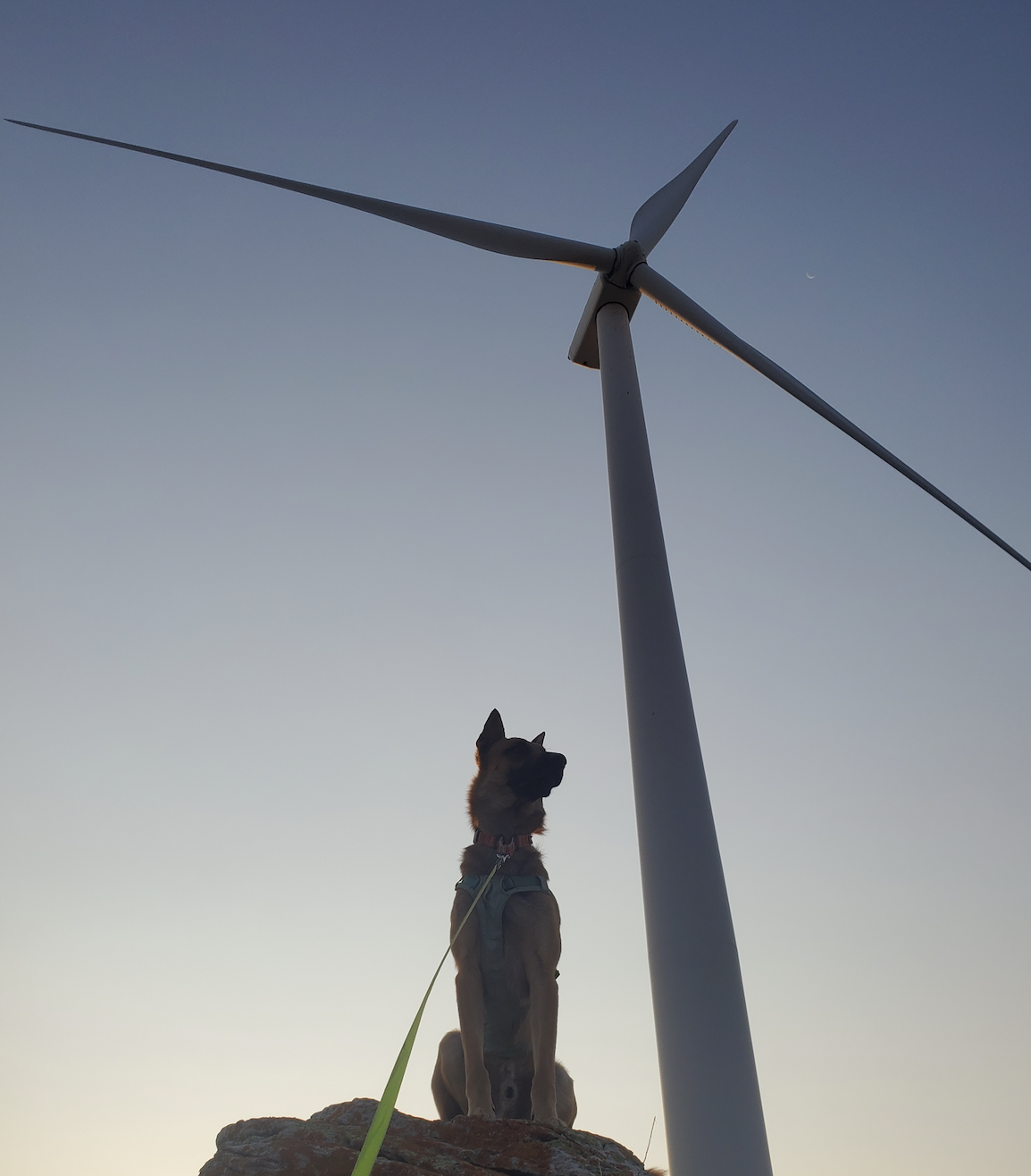
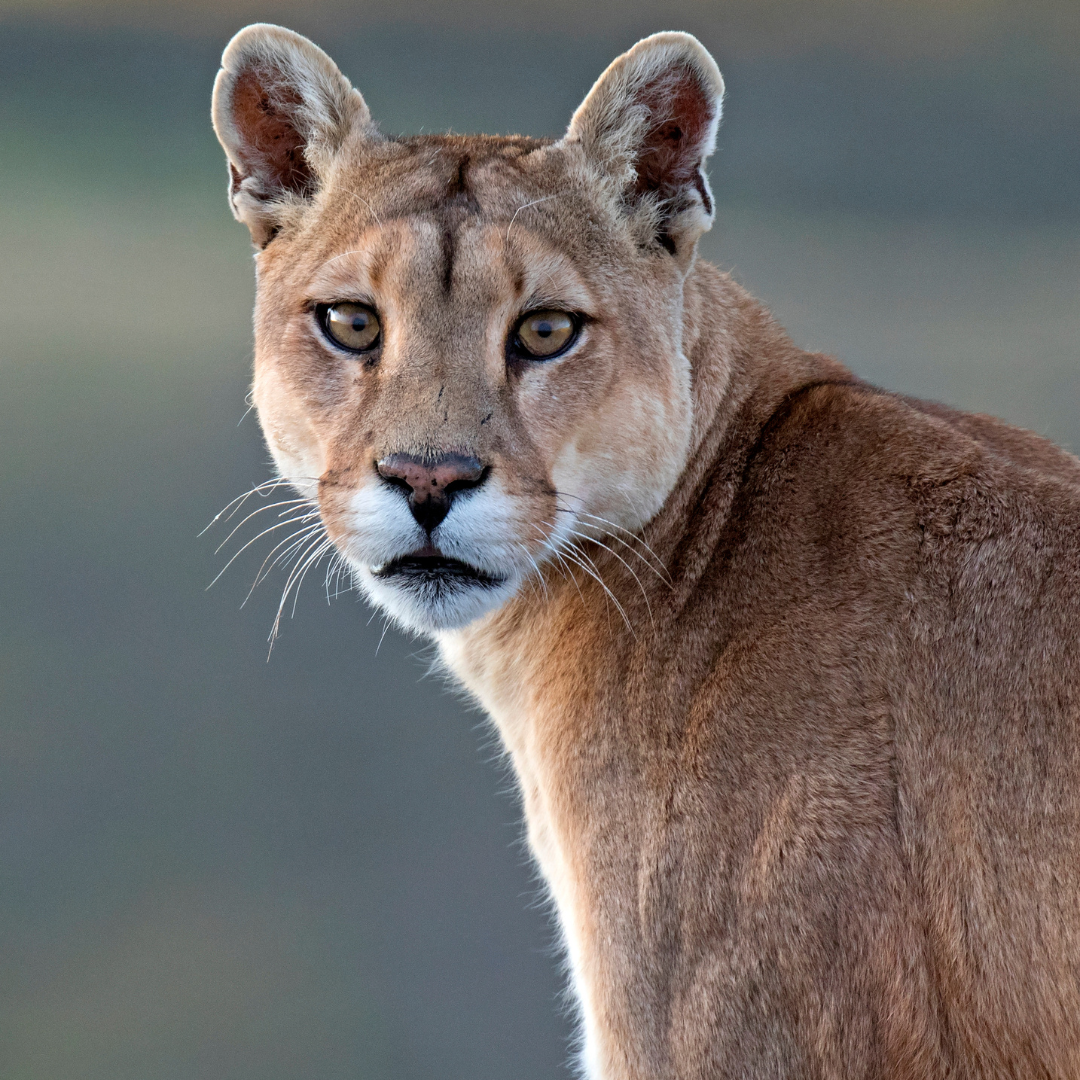
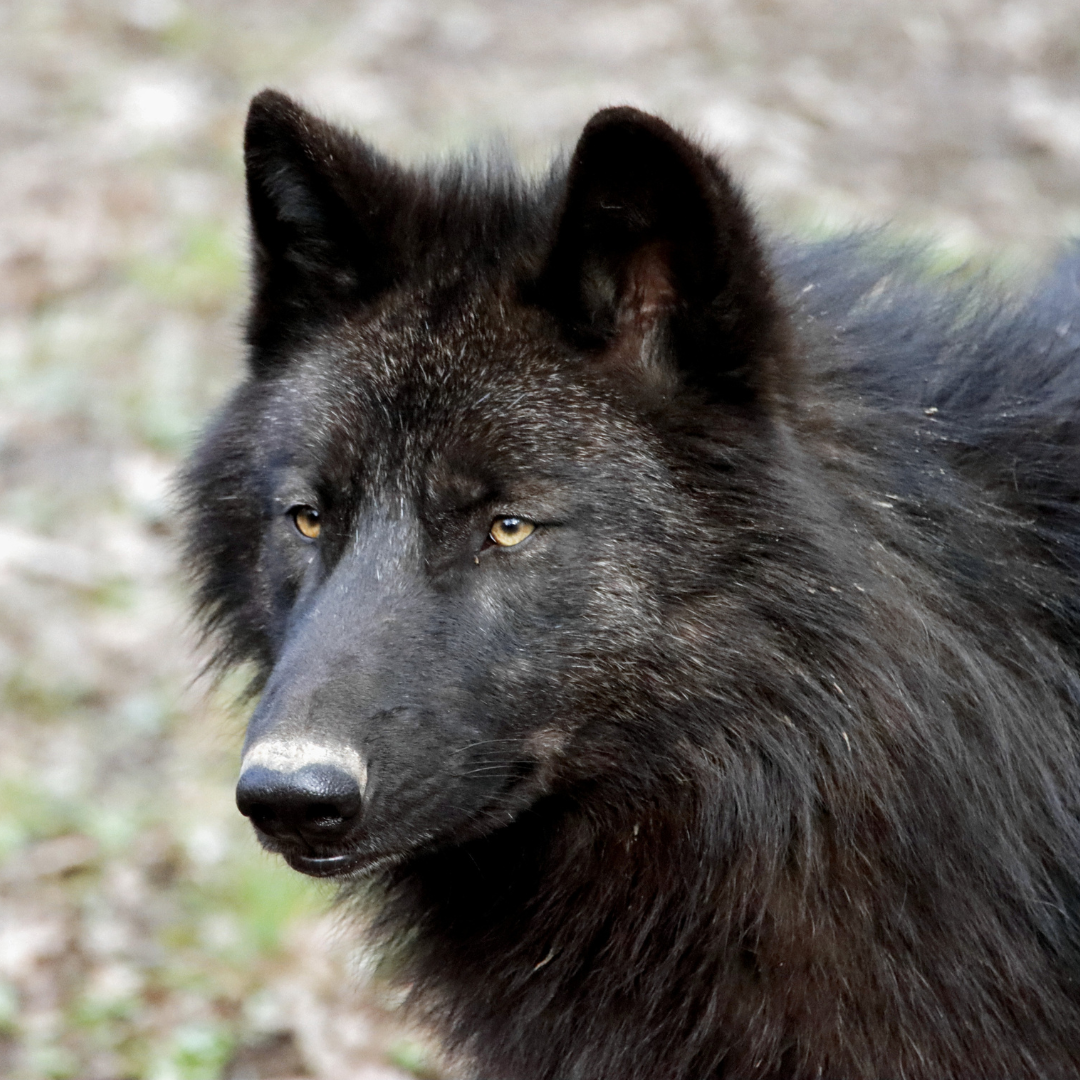
 Donate
Donate
